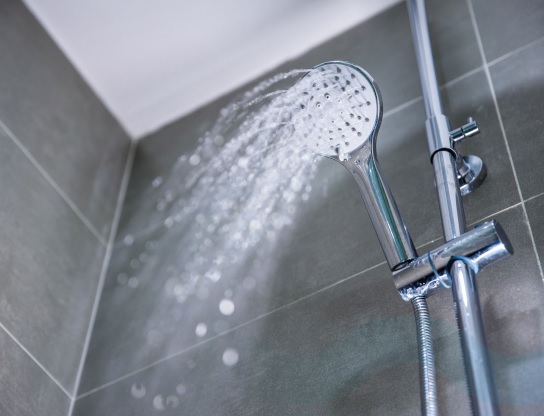
Installing efficient water-saving technologies (taps, showers, toilets) in new build homes in Ireland could save almost a Euro a day (or €280 annually) in a four-person house when energy savings are also included. And when scaled up to consider the 303,000 new homes mooted by 2030 in the Government’s Housing for All targets, they could cut around €9.7 million in state costs for water and wastewater services.
This is according to a recently released Value of Water Conservation report commissioned by An Fóram Uisce / The Water Forum and compiled by Profs. John Gallagher and Laurence Gill from Trinity College Dublin’s School of Engineering.
The report’s findings come from a baseline scenario with a water consumption rate of 110 Litres per Person per Day (LPD), which is reflective of an already water-efficient home. The report’s key finding is that reducing usage by 20 LPD can be achieved by installing more efficient taps, efficient showers and low-flush toilets. More savings could be achieved in households that currently exceed this rate of water usage.
Prof. John Gallagher said: “The installation of reasonably-priced water-saving technologies would cost developers less than €180 per household, and pay itself back in 3-4 years, as it could save €50 per household in water treatment costs annually. When you also factor in the energy savings that come with them, homeowners could save up to €280 annually, primarily from the more efficient taps (€120) and showers (€160).”
“People are often told that investing in sustainability measures isn’t always cost effective, but these efficiency-based solutions would make a significant impact for both their pockets and the planet. The cost-benefit is clear! Crucially, if the government can deliver its ambition of 303,000 new homes by 2030, it will free up 2.2 million cubic meters of water annually to reduce potential limits on development, and cut approximately €9.7 million in state costs for water and wastewater services.”
The report does outline that retrofitting homes can incur higher costs and involve longer paybacks compared to new builds, thus greater incentives may be needed to encourage replacing existing systems. Despite the clear benefits of rainwater harvesting to offset demands in the home, like toilet flushing, it’s high costs represents a major stumbling block at present for widespread installations. However, it does present a solution for specific areas of the country to deliver significant water savings and support housing targets and thus economic growth.
Uisce Éireann recently indicated there are supply constraints in specific areas of the country to meet the government targets for housing, but the researchers behind this report suggest that reducing water use at building scale could reduce water demand per household, and thereby increase capacity for housing developments.
The report is available at: https://thewaterforum.ie/app/uploads/2025/04/Research-Summary-The-Value-of-Water-Conservation-a-cost-benefit-analysis.pdf
The Water Forum, Value of Water Conservation report